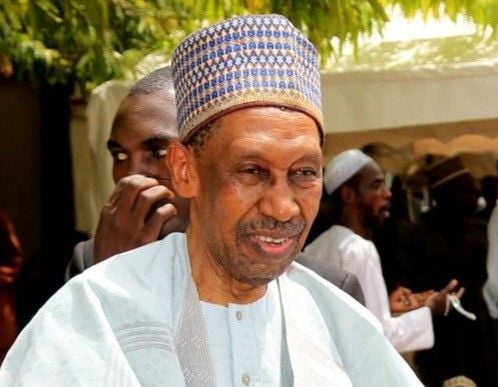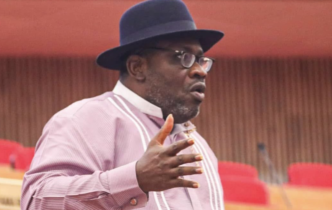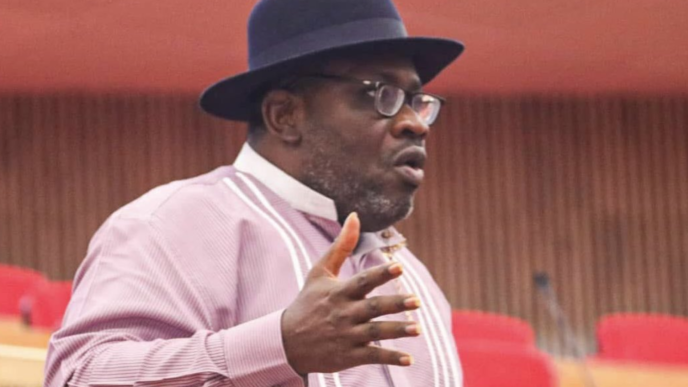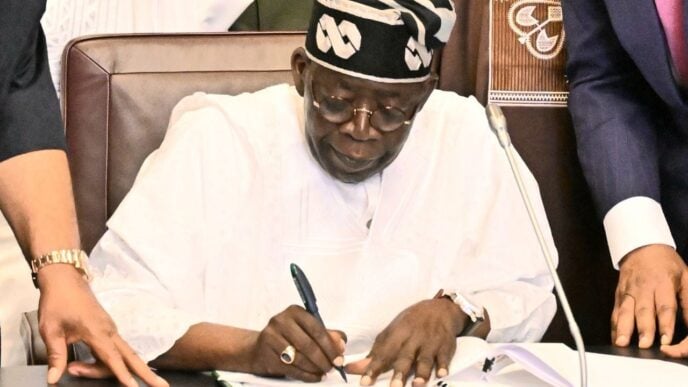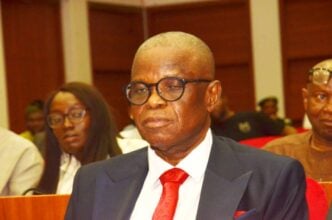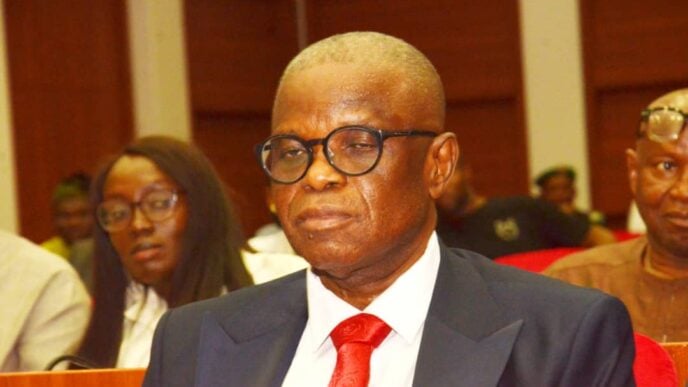Mohammed Uwais
Former Vice-President Yemi Osinbajo says the supreme court under Mohammed Uwais, the late former chief justice of Nigeria (CJN), shaped Nigeria’s democratic journey.
Osinbajo added that Uwais steered the leadership of the apex court during “some of the most consequential constitutional battles in Nigeria’s federal evolution”.
Uwais died on June 6 at the age of 88. He was the second longest-serving CJN in Nigeria’s history, occupying the position from 1995 to 2006.
After retiring from the supreme court, he chaired a panel on electoral reforms as inaugurated by then President Umaru Yar’Adua.
Advertisement
The panel submitted its report in December 2008.
In his tribute, Osinbajo said the supreme court under Uwais delivered landmark judgments that solidified the fourth republic.
The former vice-president said the Uwais-led judiciary resolved “far-reaching constitutional questions that demanded intellectual clarity and institutional courage”.
Advertisement
“Justice Uwais rose to that moment with principled resolve. Without drama or personal posturing, he insisted that the Constitution–not political convenience—must always prevail,” Osinbajo said.
“His judgments reflected a deep understanding of federalism not as a theoretical ideal, but as a living structure requiring balance, accountability, and mutual respect between the tiers of government.
“Among the questions the Uwais Court was called upon to resolve was whether State governments could lawfully sue the Federal Government over constitutional disputes.
“In AG Ondo State v. AG Federation (2002), the Court affirmed this right unequivocally, holding that states had standing to bring legal action against the centre when federal laws or actions appeared to breach the constitutional order.
Advertisement
“It was a foundational ruling that affirmed judicial redress as a legitimate tool of federal self-defence.
“When Lagos State challenged federal authority over urban development and physical planning, the question that arose was who truly controls land use and planning within a State’s territory, especially where federal lands are involved?
“In AG Lagos State v. AG Federation (2003), the Uwais Court held that the State government retains exclusive legislative and executive authority over urban and regional planning, even in respect of federal land located within its boundaries.
“The federal government, the Court ruled, must obtain necessary development permits from the state in accordance with its planning laws — an important assertion of territorial autonomy.
Advertisement
“The boundaries of fiscal federalism were tested on the issue of ownership of oil revenues derived from offshore wells. In AG Federation v. AG Abia State (No. 2) (2002), the Court determined that offshore natural resources — particularly those beyond the 200 nautical-mile limit, belonged not to the littoral states but to the Federation as a whole.
“This decision placed constitutional boundaries on resource control claims while paving the way for the derivation formula to be refined in subsequent fiscal arrangements.”
Advertisement
Osinbajo noted that Uwais left an enduring and transformative legacy.
“The judgments delivered by the Uwais court continue to shape Nigeria’s democratic journey and will remain beacons of principled adjudication for generations to come,” he said.
Advertisement
“He will be remembered not only as the longest-serving Justice of the Supreme Court, but as one who laid critical foundational stones in the evolving legal architecture of a true federal republic.”
Advertisement
